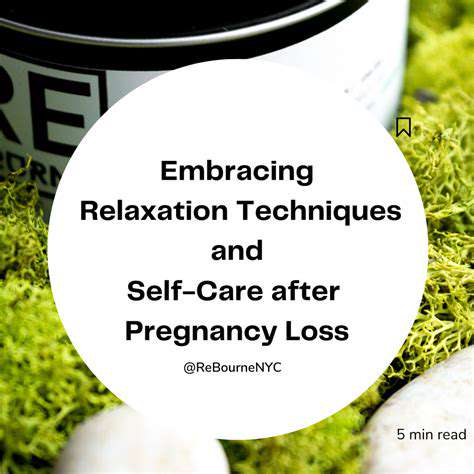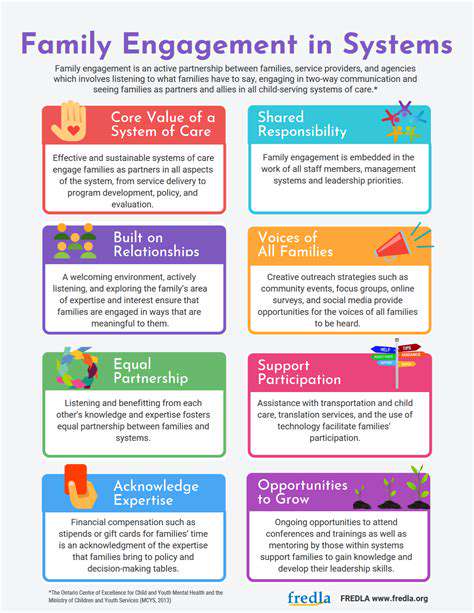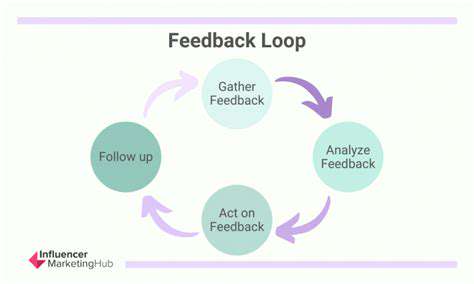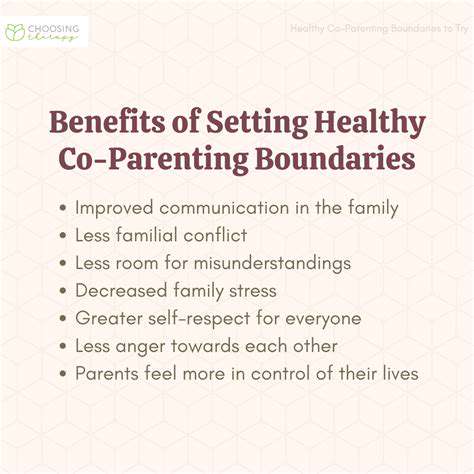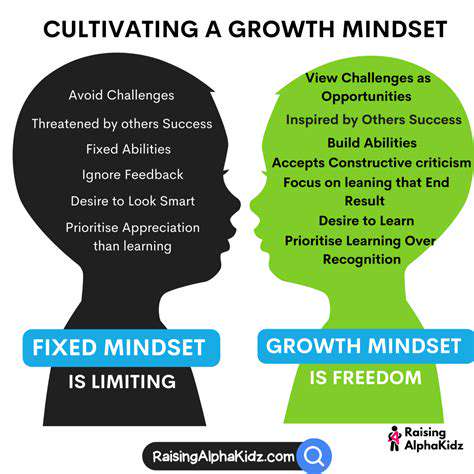Preparing for School Transitions: Easing Back to School Jitters
Preparing Academically for Success
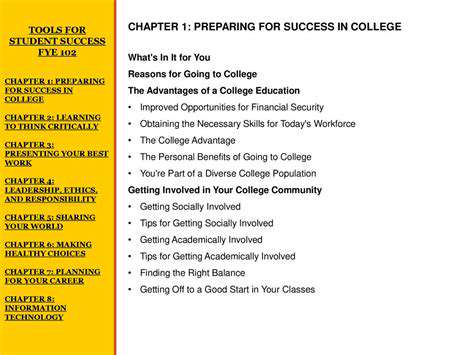
Understanding Your Learning Style
Identifying your preferred learning style can significantly impact your academic success. Understanding how you best absorb and process information allows you to tailor your study habits for optimal results. Do you learn best through visual aids, auditory methods, or kinesthetic activities? Exploring these different approaches can help you discover the most effective strategies for retaining information and achieving academic goals.
Recognizing your strengths and weaknesses in different learning styles can empower you to make informed choices about how you study. This self-awareness will lead to more efficient study sessions and improved comprehension of complex material. For example, if you are a visual learner, creating mind maps or using diagrams can be incredibly helpful. If you are an auditory learner, participating in study groups or lectures can enhance your understanding.
Developing Effective Study Habits
Developing effective study habits is crucial for academic success. Consistent effort and focused time management are key components. Creating a dedicated study space free from distractions is essential for maintaining concentration. This dedicated area should be conducive to focused work, free from interruptions, enabling you to fully immerse yourself in the material.
Consistent review and active recall are critical for long-term retention. Don't just passively read; actively engage with the material by summarizing, questioning, and explaining concepts in your own words. This active learning approach strengthens memory and understanding.
Time Management and Organization
Effective time management is a cornerstone of academic success. Creating a realistic schedule that allocates specific time slots for studying, attending classes, and completing assignments is paramount. Breaking down large tasks into smaller, manageable steps can make them less daunting and more achievable.
Prioritize tasks based on deadlines and importance. This prioritization ensures that crucial assignments and projects receive the attention they need. Using tools like calendars, planners, or digital scheduling apps can help you stay organized and on track.
Mastering Note-Taking Techniques
Mastering effective note-taking techniques is essential for absorbing information presented in lectures and readings. Developing a consistent system for recording key concepts and ideas will greatly enhance your understanding. This system should be tailored to your learning style and preferences.
Employing abbreviations, symbols, and visual cues can significantly aid comprehension and recall. Reviewing and summarizing your notes immediately after class or reading sessions solidifies your understanding and allows you to identify any gaps in your knowledge. This will allow you to ask questions in class or seek clarification from the professor.
Seeking Support and Resources
Don't hesitate to seek support and utilize available resources when facing academic challenges. Talking to professors during office hours, attending tutoring sessions, or joining study groups can provide valuable guidance and support. Connecting with peers facing similar challenges can foster a supportive learning environment.
Leveraging university resources like libraries, writing centers, and academic advising services is vital for your success. These resources offer personalized support and guidance to help you navigate the academic landscape effectively. Don't be afraid to ask for help when you need it. Your success is a priority for the institution.
Building a Supportive Learning Environment
Creating a supportive learning environment at home or in your study space is essential. Minimize distractions by turning off electronic devices or putting them in another room. A quiet and organized space conducive to concentration will enhance your focus and productivity.
Maintaining a positive attitude and a healthy lifestyle are critical for academic success. Prioritize getting enough sleep, eating nutritious meals, and exercising regularly. These factors contribute directly to your cognitive function and overall well-being. These factors are crucial for success.
